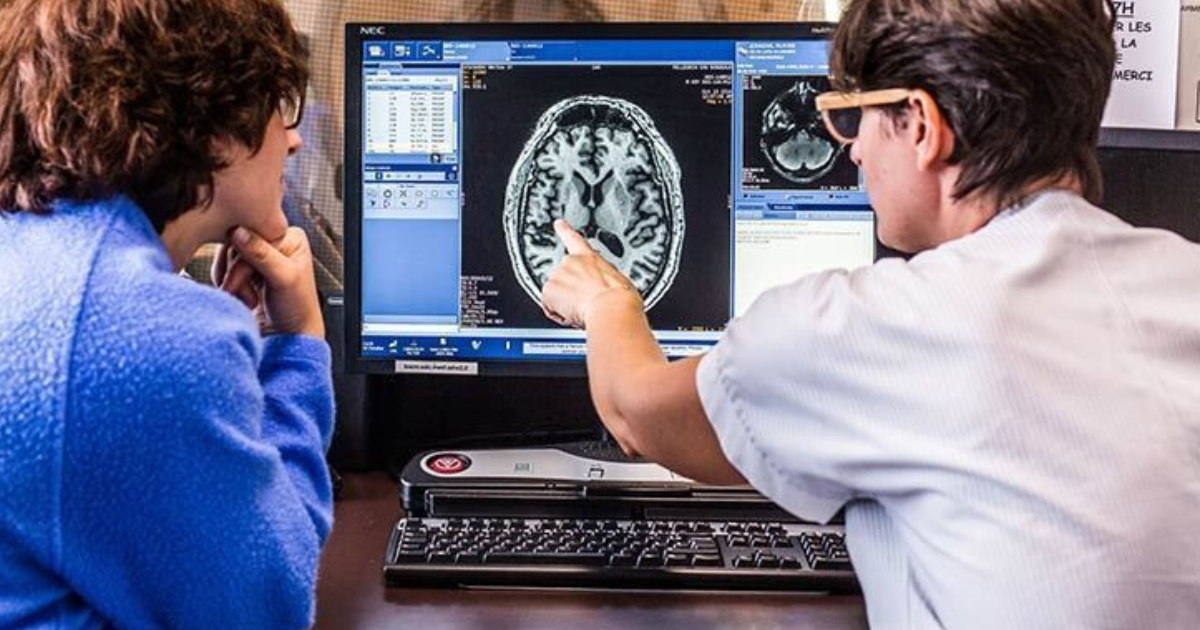
Best Practices for Preventing Prostate Cancer: Insights from Novocare’s Urology Department
September 12, 2025
Preventing Heart Disease in Men: Lifestyle Changes with Novocare’s Cardiology Experts
September 12, 2025Introduction
Men’s mental health is an essential aspect of overall well-being but is often overlooked due to social stigma or lack of awareness. Mental health challenges such as depression, anxiety, cognitive decline, and stress-related disorders can significantly affect quality of life.
At Novocare’s Neurology Department, specialists integrate advanced diagnostics, personalized treatment plans, and preventive strategies to address neurological and mental health concerns effectively. This comprehensive guide explores how Novocare supports men’s mental health with evidence-based practices, expert guidance, and holistic care.
Common Neurological Conditions Affecting Men’s Mental Health
Neurological conditions can influence mood, cognition, and emotional well-being. Early recognition and treatment are critical.
| Condition | Description | Impact on Mental Health |
|---|---|---|
| Depression | Persistent low mood and loss of interest | Affects motivation, sleep, and concentration |
| Anxiety Disorders | Excessive worry, panic attacks | Leads to stress, irritability, and fatigue |
| Cognitive Decline | Reduced memory, attention, or processing | Can cause frustration, low self-esteem |
| Sleep Disorders | Insomnia, sleep apnea, or disrupted sleep patterns | Contributes to mood swings and stress |
| Neurological Disorders | Parkinson’s, multiple sclerosis, or stroke | May cause depression, anxiety, or confusion |
| Chronic Stress | Persistent stress affecting nervous system | Impairs mental and physical health |
How Novocare Supports Men’s Mental Health
1. Comprehensive Neurological Evaluation
Early and accurate diagnosis is the foundation of effective treatment. Novocare uses advanced tools such as MRI, EEG, and cognitive assessments to identify neurological causes affecting mental health.
2. Personalized Treatment Plans
Treatment is tailored to each patient’s needs, including:
- Medication management
- Cognitive-behavioral therapy (CBT)
- Lifestyle modifications
- Supportive counseling
3. Lifestyle & Preventive Strategies
| Strategy | Benefit | Implementation |
|---|---|---|
| Balanced Nutrition | Supports brain function and emotional well-being | Diet rich in omega-3, antioxidants, whole grains |
| Regular Exercise | Enhances neurotransmitter activity, reduces stress | Aerobic and strength training 3–5 times weekly |
| Mindfulness & Meditation | Reduces anxiety, improves focus | Daily 10–20 minutes |
| Sleep Hygiene | Improves memory, mood, and recovery | Consistent sleep schedule, limit screen time |
| Social Engagement | Enhances cognitive resilience | Group activities, family interactions |
Role of Medication and Therapy
Novocare combines pharmacological and non-pharmacological interventions to optimize mental health:
| Approach | Purpose | Considerations |
|---|---|---|
| Antidepressants | Manage depression and anxiety | Monitored by neurologist/psychiatrist |
| Anti-anxiety Medication | Reduce panic attacks and chronic stress | Short- or long-term use as required |
| Cognitive Behavioral Therapy (CBT) | Restructures negative thought patterns | Personalized therapy sessions |
| Neurofeedback | Enhances brain function and emotional regulation | Conducted under specialist supervision |
| Lifestyle Integration | Nutrition, exercise, sleep, social engagement | Ongoing patient involvement |
Preventing Mental Health Decline
Preventive strategies are key to reducing neurological and mental health risks:
- Regular Screening: Routine neurological and mental health check-ups.
- Stress Management: Mindfulness, yoga, and structured relaxation techniques.
- Cognitive Engagement: Brain exercises, puzzles, and learning new skills.
- Healthy Lifestyle: Balanced diet, adequate sleep, and physical activity.
- Early Intervention: Prompt treatment at the first sign of symptoms.
FAQs About Men’s Mental Health and Neurology
1. How does stress affect neurological health?
Chronic stress disrupts neurotransmitter balance, affecting mood, sleep, and cognitive function.
2. Can exercise improve mental health?
Yes, exercise boosts endorphins, reduces anxiety, and supports cognitive function.
3. What are early signs of cognitive decline?
Memory lapses, difficulty focusing, confusion, and changes in behavior.
4. How can nutrition support brain health?
Foods rich in omega-3, antioxidants, and vitamins promote neural function and emotional well-being.
5. Are therapy sessions effective for men?
Yes, therapies like CBT can restructure negative thought patterns and improve coping skills.
6. When should I consult a neurologist for mental health concerns?
Early consultation is advised for persistent mood changes, cognitive issues, or stress-related symptoms.
7. Can sleep disorders worsen mental health?
Absolutely; poor sleep is linked to anxiety, depression, and impaired cognitive function.
8. Are men more reluctant to seek mental health care?
Social stigma often prevents men from seeking care, but expert guidance can encourage early intervention.
9. Can medications be combined with lifestyle changes?
Yes, integrated approaches yield better outcomes for men’s mental health.
10. Does alcohol or smoking affect neurological health?
Yes, both increase risk of depression, cognitive decline, and neurological damage.
11. How important is social support?
Engagement with family, friends, and community enhances resilience and mental well-being.
12. Can mindfulness really change brain function?
Research shows mindfulness improves emotional regulation, focus, and neural connectivity.
13. How often should mental health check-ups be scheduled?
Typically annually, or more frequently if risk factors or symptoms exist.
14. Are cognitive games useful for prevention?
Yes, brain exercises strengthen memory, attention, and problem-solving skills.
15. What role does Novocare play in men’s mental health?
Novocare provides specialized neurological evaluations, personalized treatment plans, and ongoing support for optimal mental health.
Expert Conclusion from Novocare Neurology Specialists
Men’s mental health requires proactive care and early intervention. By combining neurological expertise, personalized treatment, lifestyle adjustments, and preventive strategies, Novocare empowers men to maintain cognitive and emotional well-being.
Our specialists emphasize that mental health is not just about addressing symptoms—it’s about building resilience, enhancing brain function, and improving quality of life. With Novocare’s comprehensive approach, men can proactively manage stress, prevent cognitive decline, and achieve optimal neurological health.

